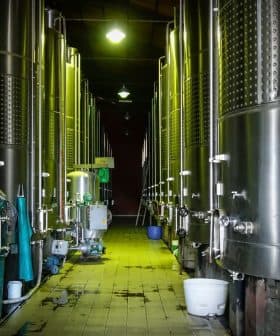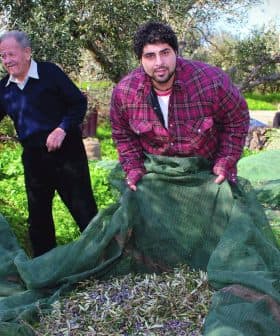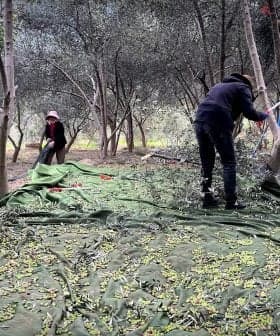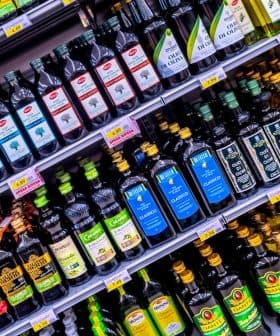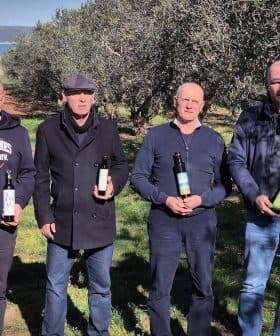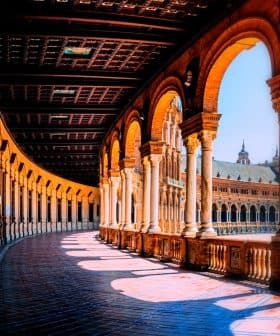Andalusian Cooperative Crafts Award-Winning Olive Oil With Soul
Almazaras de la Subbética earned four awards at the 2021 NYIOOC, attributing their success to the terroir and climate.
 Photo: Almazaras de la Subbética
Photo: Almazaras de la SubbéticaAlmazaras de la Subbética, one of the largest cooperatives in Spain, has a strong reputation for quality olive oil and social responsibility, winning multiple awards at the NYIOOC World Olive Oil Competition. The cooperative focuses on capturing the entire process of producing olive oil, including a Bottles with Soul initiative that involves children’s drawings on labels and donations for childhood leukemia research, while adapting to challenges posed by the Covid-19 pandemic.
Almazaras de la Subbética was formed by the merger of two cooperatives in 2007: S.C.A. Virgen del Castillo and S.C.A. Olivarera Nuestro Padre Jesús Nazareno.
It is now one of the largest cooperatives in Spain with more than 8,000 members and has a strong reputation for its quality, innovation, respect for the environment and social responsibilities.
Behind each of our bottles of extra virgin olive oil, there are hundreds of families whose effort, sweat, concern, love and passion for the cultivation of our lands are part of the process to obtain the best extra virgin olive oil.
The cooperative is located in the heart of Andalusia’s Sierras Subbéticas Natural Park, which is characterized by rugged mountainous terrain and an enviable microclimate with more than 2,800 hours of sunshine per annum.
“We visualize a tsunami of olives, some centenarians that treasure the prestigious oils whose quality and prestige dates back from the Roman Empire to the present day,” José Antonio Nieto, the cooperative’s commercial director, told Olive Oil Times.
See Also:Producer Profiles“Clay soils with a high calcium content, mountain olive groves with slopes of up to 70 percent and a continental Mediterranean climate with high rainfall and distinct temperature fluctuations create the ideal environment for growing the best olives,” he added.
Carefully caring for their olive trees in this terroir has paid off. The cooperative earned three Gold Awards and a Silver Award at the 2021 NYIOOC World Olive Oil Competition, its sixth straight successful year at the competition.
Almazaras de la Subbética earned the three Gold Awards for its Rincon de la Subbética brand, an organic Hojiblanca, its Parqueoliva Serie Oro brand, a blend of Picuda and Hojiblanca olives, and its Almaoliva Arbequina brand.
The cooperative won the Silver Award for its Almaoliva Bio brand, a blend of Picuda, Picual and Hojiblanca olives.
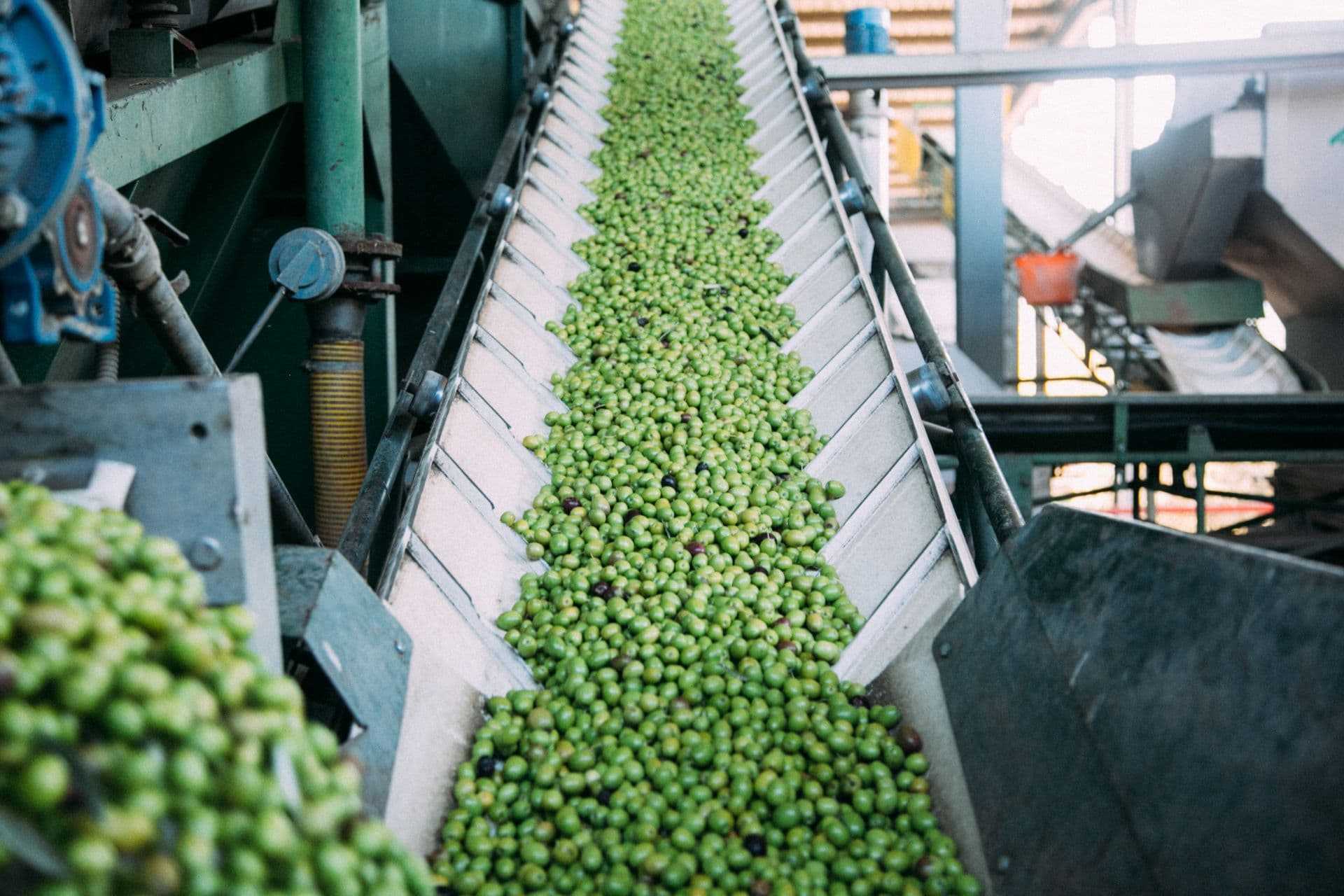
“We’re very happy. It is always an honor to get awards and even more so when all the samples sent obtain them,” María Carmen Rodríguez Comino, a member of the cooperative’s sales department, told Olive Oil Times.
“International recognitions always have a positive impact on the brand,” she added. “They help it to be known throughout the world, and many customers call interested in it. They always improve sales.”
Aside from crafting award-winning olive oils, one of the main focuses of the cooperative is to capture the entire process of what it takes to produce a single bottle of their extra virgin olive oil.
“Behind each of our bottles of extra virgin olive oil, there are hundreds of families whose effort, sweat, concern, love and passion for the cultivation of our lands are part of the process to obtain the best extra virgin olive oil,” Nieto said.
See Also:The Best Olive Oils from SpainThe cooperative’s Bottles with Soul (Botellas con Alma) initiative encompasses the essential elements of the family, the olive grove and oil.
“The Bottles with Soul initiative arose from the importance of the social responsibility of the company with its partners, who are aware of illness in their loved ones their children,” Nieto said.
Unique bottles of olive oil are created with children from schools in the region. They were asked to capture their feelings in a drawing, considering the olive oil and its meaning to them and their families.
The labels on the bottles contain drawings designed by the children, which are then wrapped around the olive oil bottles. The significance of this is two-fold with the label designed by a child and an environmental component also, as the bottles are not tinted and are re-usable.
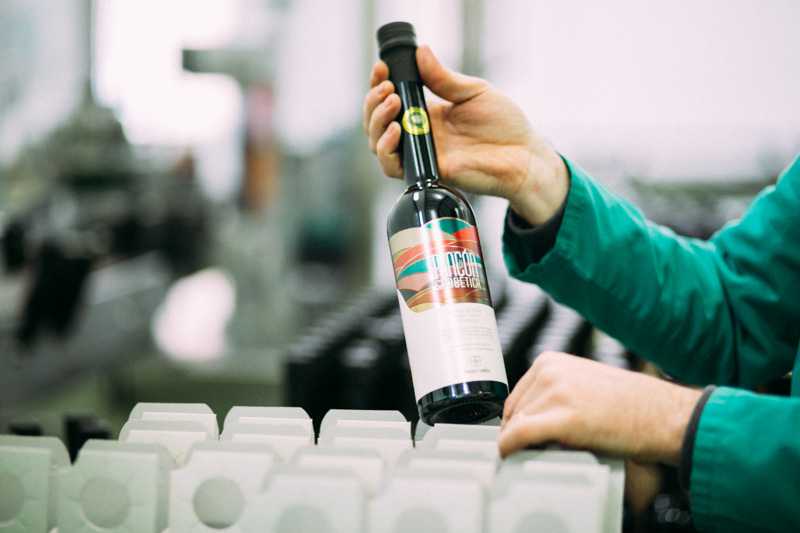
The cardboard used for the labels complies with Forest Stewardship Council (FSC) regulations, so the trees used to make this paper comply with environmental rules. For each bottle sold, a €2.00 donation is made for childhood leukemia research.
This past year, Almanzaras de la Subbética had to adapt and look for methods to surpass the challenges that the Covid-19 pandemic presented, reformulating their business model to suit.
“From a sales point of view, there was an increase in demand for consumption of olive oil and stockpiling of products for a phenomenal increase in sales, as of course more people were cooking at home and spending a lot of time doing so,” Nieto said.
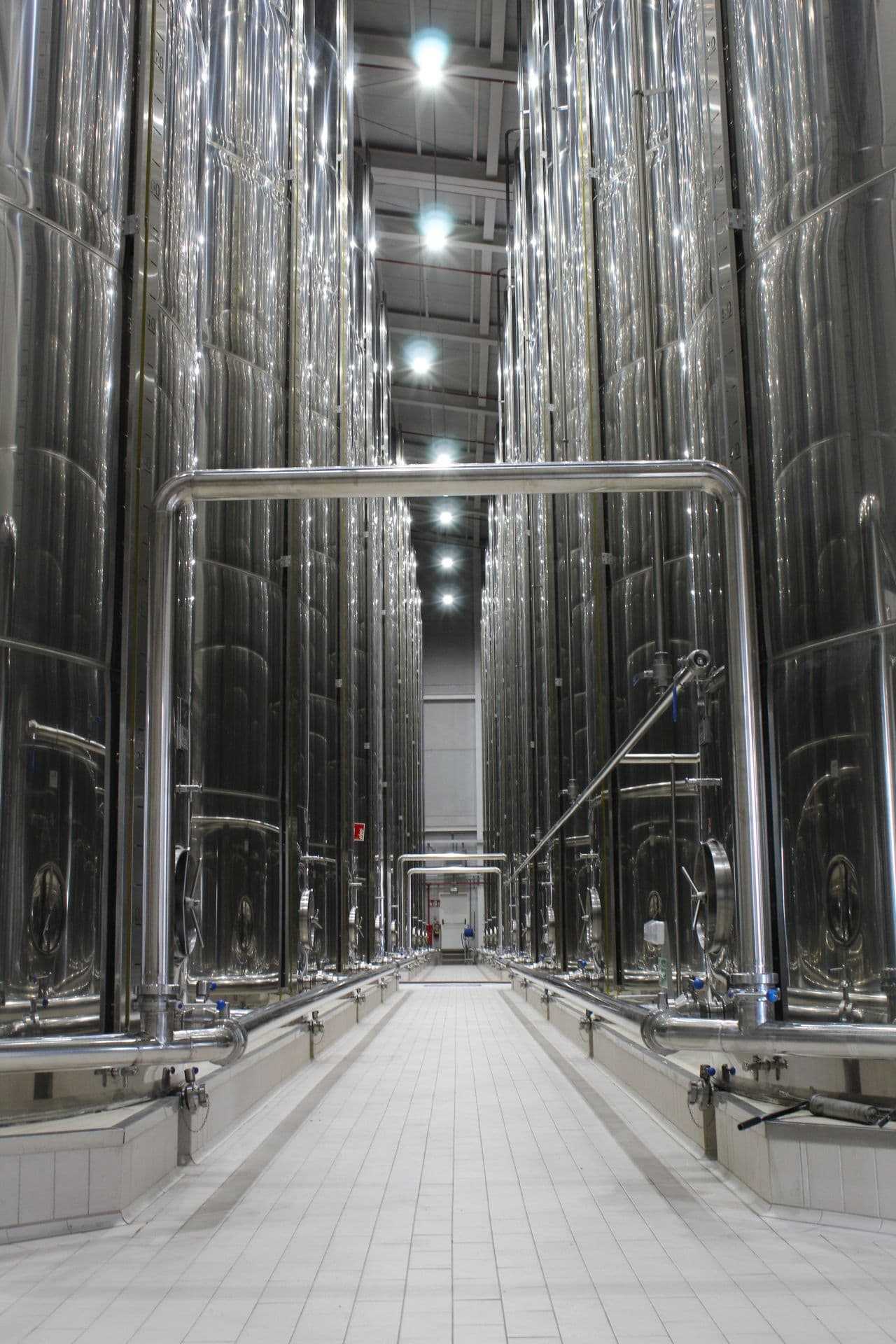
“We had to re-invent ourselves and launch new single-dose formats for when bars and restaurants re-opened again,” he added. “This was a shift in demand for certain formats.”
The impact of the Covid-19 pandemic had negative cost implications for the cooperative too. From extra hygiene and safety measures to teleworking, the cooperative had to restructure to face the main challenges of the pandemic – slowing the rate of infection.
There also was a loss in revenue due to the closure of the hospitality industry, and all national and international food and olive oil fairs were canceled, which was a great way to meet new customers.
“Despite this, we have been able to continue in contact with clients through telematic means,” Rodríguez Comino said.



